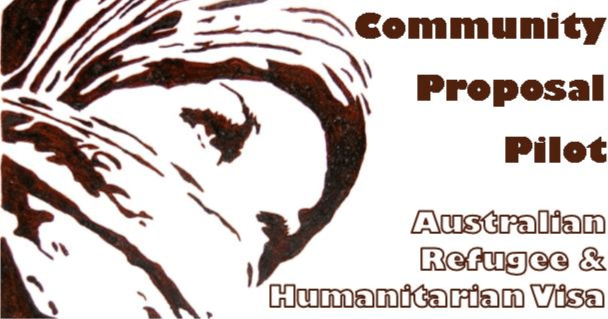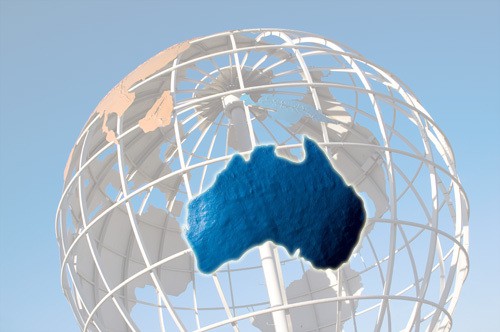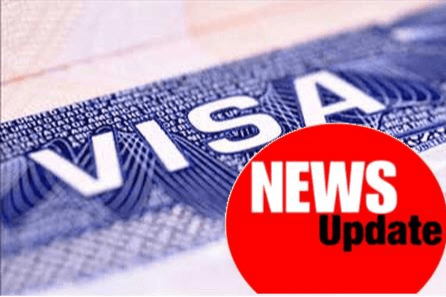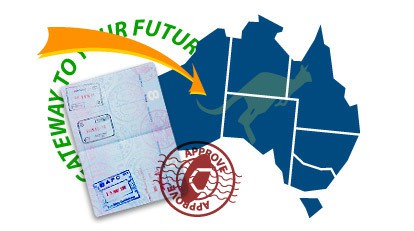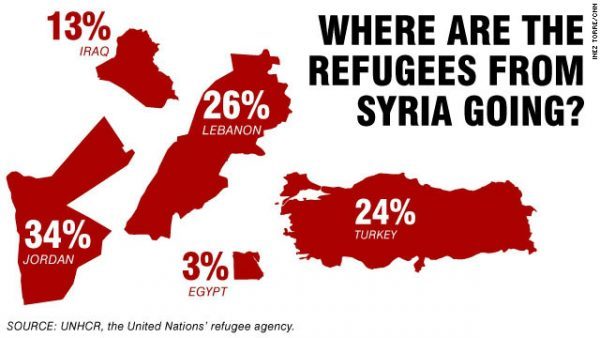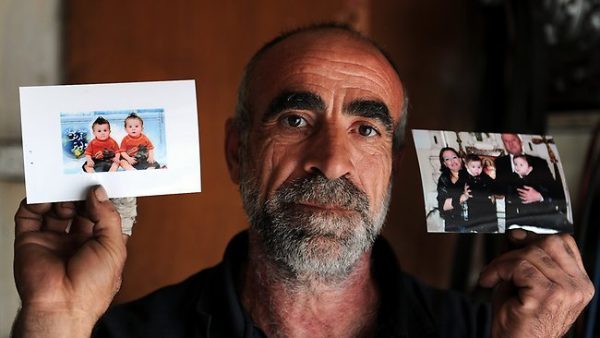APPLICANTS ONLY HAVE 30 DAYS TO APPLY FOR AN EXPRESSION OF INTEREST.
In breaking news, issued on 1 July 2016, it has been announced that there will be 500 individual visa places available in the Community Proposal Pilot (CPP) for the 2016 year.
APPLICANTS ONLY HAVE 30 DAYS TO APPLY FOR AN EXPRESSION OF INTEREST.
The Community Proposal Pilot (CPP) is a national trial by the Australian Government to enable communities to assist people to resettle in Australia under the Humanitarian Program. Under the Pilot, organisations such as the Illawarra Multicultural Services work with communities to identify people to propose, support their application for a Refugee and Humanitarian (Class XB) visa, and if the visa application is successful, ensure that settlement services are provided to them to help them settle well in Australia.
The CPP provides an additional settlement pathway for people in humanitarian situations overseas, who have strong community ties and capacity in Australia. The CPP harnesses the goodwill that exists within the Australian community to assist people to settle successfully, by providing a substantial financial contribution toward the cost of settlement and the provision of practical support.
Successful visa applicants proposed under the Community Proposal Pilot will be granted permanent humanitarian visas, and provided settlement services for a period up to 12 months. Entrants under the Pilot will be able to access services such as Medicare and social security payments, subject to normal eligibility requirements.
HOW THE PILOT PROGRAM WILL WORK
The Department of Immigration and Border Protection (DIBP) has signed a legally binding Deed of Agreement with the Illawarra Multicultural Services and other well-established community organisations to become an Approved Proposing Organisation (APO).
The Illawarra Multicultural Services is a not-for-profit community-based agency located in Wollongong, New South Wales. They have been providing a range of support services to refugee and humanitarian entrants under the Settlements Grants Program since we began operations as the Illawarra Migrant Resource Centre in 1981.
They have been committed to ensuring high quality support to proposed clients and families under the Community Proposal Pilot, working in partnership with the Department of Immigration and Border Protection (DIBP) and Supporting Community Organisations (SCOs).
This Department of Immigration Pilot will not be the right option for all communities, and is not intended for the most vulnerable of applicants who require intensive case management and government-funded services on arrival. However, it is a Pilot of a new and exciting pathway that will meet the needs of some people in overseas humanitarian situations, and those communities wishing to settle and support them here in Australia.
The Illawarra Multicultural Services acts as the Proposer on the humanitarian visa application, and develop formal arrangements with Supporting Community Organisations (SCOs) to ensure the successful delivery of the Pilot. SCOs are community groups or organisations who will identify people to apply for a refugee and humanitarian visa, assist in completing the application process, and if the visa is granted, help them to settle in Australia.
WHO IS ELIGIBLE?
The Pilot is intended for individuals and families in humanitarian situations overseas. Applicants must have established family or community connections in Australia, who will provide support for the applicant to settle successfully in Australia.
People being considered under the Pilot must:
- be proposed by an APO
- be outside Australia when the visa application is lodged
- meet the eligibility criteria for a refugee and humanitarian visa
- meet Australia’s health and character requirements.
WHAT ARE THE COSTS?
A two-stage Visa Application Charge (VAC), payable to DIBP, comprising:
- a 1st stage VAC of $2,680 for the primary visa applicant, to be paid at the time the application is lodged
- a 2nd stage VAC of $16,444 for the primary visa applicant, to be paid just prior to a decision on the application
- a 2nd stage VAC of $2,680 for each secondary applicant, to be paid just prior to a decision on the application.
- Medical checks for people being proposed, when requested by DIBP
- The cost of airfares to Australia
- Accommodation
- Household costs such as goods, food and utilities connection
CONTACT GMH LEGAL TODAY
At GMH LEGAL, we have the skills and the ability to ensure that we maximise the prospects of success for your Refugee Visa application. Please contact our offices for some advice over the phone.
Email: ghanna@gmhlegal.com
Tel: (02) 9587 0458.
BREAKING NEWS: COMMUNITY PROPOSAL PILOT IS NOW OPEN!
The hugely successful Offshore Refugee and Humanitarian (Class XB)…
Posted by GMH LEGAL – Solicitors & Barristers on Thursday, June 30, 2016

